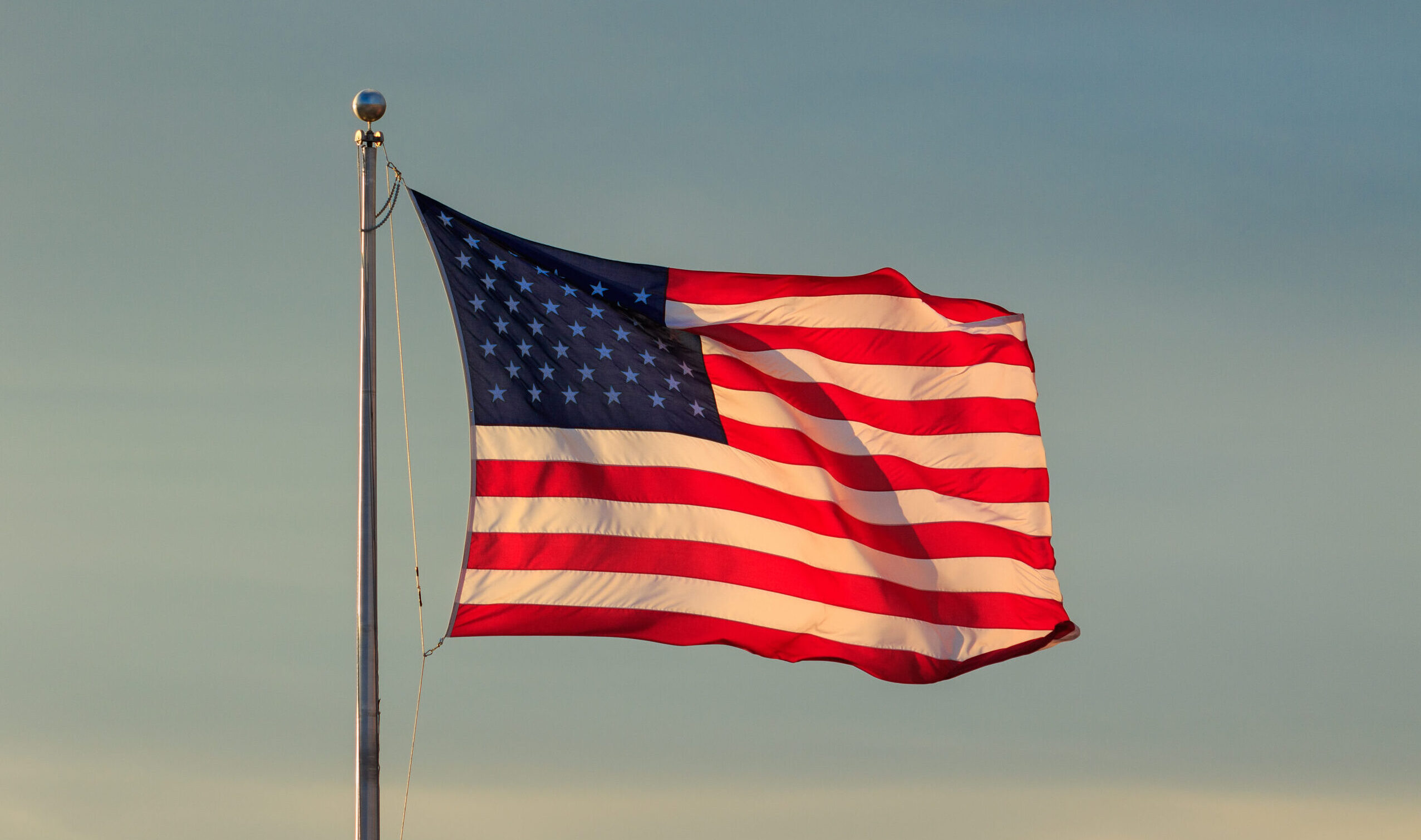‘The Thought of American Greatness’
Mike Solana, vice president of Founders Fund and owner of Pirate Wares, sits down with The American Conservative.

You were the first man to talk about a new century of America being an imperial power, a new manifest destiny, and even colonizing the moon. Can you explain for the readers what this new vision is and what it entails?
Well, thank you. I wouldn’t call the goal imperialism, though, and Trump’s the guy who started it with Greenland. I just took him seriously back in his first term, and found the play inspiring rather than buffoonish early on. I looked at Greenland and thought, wait a minute, a more formal partnership here actually makes a lot of sense. There is a long history of our country pursuing Greenland, of Denmark considering the proposal—which, strangely, almost none of us were educated on—and a major national interest in defending the arctic from Russian and Chinese incursion that nobody, for some reason, wants to talk about. In 2019, when Trump first asked the question, it forced me to reflect on all of this, and the more I read the more excited I became, not only for Greenland but for the concept of a growing America.
I didn’t realize the degree to which I’d internalized our decline until the veil was lifted, and suddenly I felt hope for something sort of like the opposite. The country can, and will, grow. We can do this peacefully. And not only on earth. Moon statehood became my compass, partly because it made me laugh, partly because Moon was a wild historical aberration. We landed there. We planted our flag. We claimed the territory… for the world? No. That’s not a real thing. That never made sense. That’s not how any of this works. Moon belongs to America. Historically, spiritually, and practically (once we build our first few bases).
What is the purpose of Hereticon, and what are the future plans you have?
It’s hard to get back into the early headspace, and I think we really do all forget how bad it used to be, but I came up with the idea for Hereticon back in 2018 and floated it publicly in 2019. At that time, we were really living in a culture of silence. Dissent on even the most apparently innocuous topics would be met, inevitably, with heinous accusations. But I was protected from the worst of it because I worked at Founders Fund, which was and remains a place that values independent thinking far more than good press. That made me feel I had a duty to open my mouth up a bit more, and I knew that high-level idea of freeing people up to share their crazy opinions again was important. So I decided to do a conference for people banned from other conferences, or this was the premise.
Ironically, the first one was postponed for well over a year by Covid, a virus nobody was allowed to honestly discuss. But when we finally came together it was a blast, like the Olympics for crazy ideas. And we’ll continue to run them every couple years or so.
Let’s talk about Greenland. Of course the American right is most animated about a new Greenland deal. In some places, there are talks of not just a material or structural, but even a spiritual renewal that’s happening. Everyone at this magazine is aware of the material justification of the annexation of Greenland. But what are the civilizational needs?
Right, for me the most important thing about Greenland is not even the strategic location, or the resources. We are talking about America growing. That was impossible five years ago. That was unthinkable. I’m not sure who taught us America was as big as it would ever be. I’m not sure when I picked that idea up myself. But that the entire world was, and in large part remains, shocked at the thought of America acquiring new territory leads me to believe we have all internalized this idea. And it is not the idea of America in its perfect state, it is the idea of American decline. I think if you aren’t growing, you are dying, and a thought so dark carries massive spiritual burden.
But what if we’re growing? What if we are expanding? What if our best days are ahead of us? That’s the attitude that makes a nation great.
Speaking of civilizational questions, there’s quite clearly a schism between the tech right and the more paleo right, even within the MAGA coalition, on questions of religion, AI, H1-B visas, and a whole array of topics. Is this fatal? Where do you personally fall on this and what might be a more synthetic approach to an alignment?
It depends on what you are talking about, the alliance or the country? The country will be fine, but the alliance between the tech right and the populist right (if that’s what we’re seeing here, it’s hard to tell) is probably not going to last. You see the seeds of the end in Vivek’s infamous tweet, at the height of the Christmas H1-B debate. He is, it seems to me, an elitist who genuinely believes he’s better than the average American. I think elitism can work for a country. But I think his brand of elitism, with its very obvious contempt for the average Trump supporter, will lead to tech’s marginalization if left unchecked. I don’t see a lot of self-reflection among the tech elite on the core mishap there, so I anticipate the culture clash will grow more pronounced.
In terms of what I think, I’m an American before really any profession or philosophical -ism. I don’t hate other countries, I just only love us, and I want everything to work again. Once everything works again, I want us to be great. I am in favor of policies and people who assist us toward these goals, and completely against the policies and people who don’t.
On foreign policy, the tech right is broadly anti-interventionist. Does that in some way go against the new civilizational expansionist ethos?
I don’t think there is enough of a cohesive tech right to accurately explain its foreign policy. I think the political movement, if you could call it that, is divided among libertarians, nationalists, and common-sense liberals at the moment. The problem inherent of American expansion is, for the idea to be exciting, you have to believe not only in America, but in the American government. Our government has sucked for a very long time. Our government has not only been ineffective, but has actively worked against the American interest. In waiting for an effective, good government, I myself had really lost hope until recently. Now, I still don’t think we have that effective, good government, but we do have hope. Or, I do, and this has opened me up to the thought of American greatness.
In terms of foreign intervention, there are people who see horror in every American act abroad. This reeks of ideology to me, and I am no longer an ideological person. For me, there’s just one question I ask before I make my mind up about a policy, whether here or anywhere around the world: does this help us? If it helps us, I am in favor. If it neither helps nor hurts us, I am ambivalent, and lean against action. If it hurts us, I am against. And increasingly I can’t for the life of me understand how anyone could see it any other way.
The post ‘The Thought of American Greatness’ appeared first on The American Conservative.

